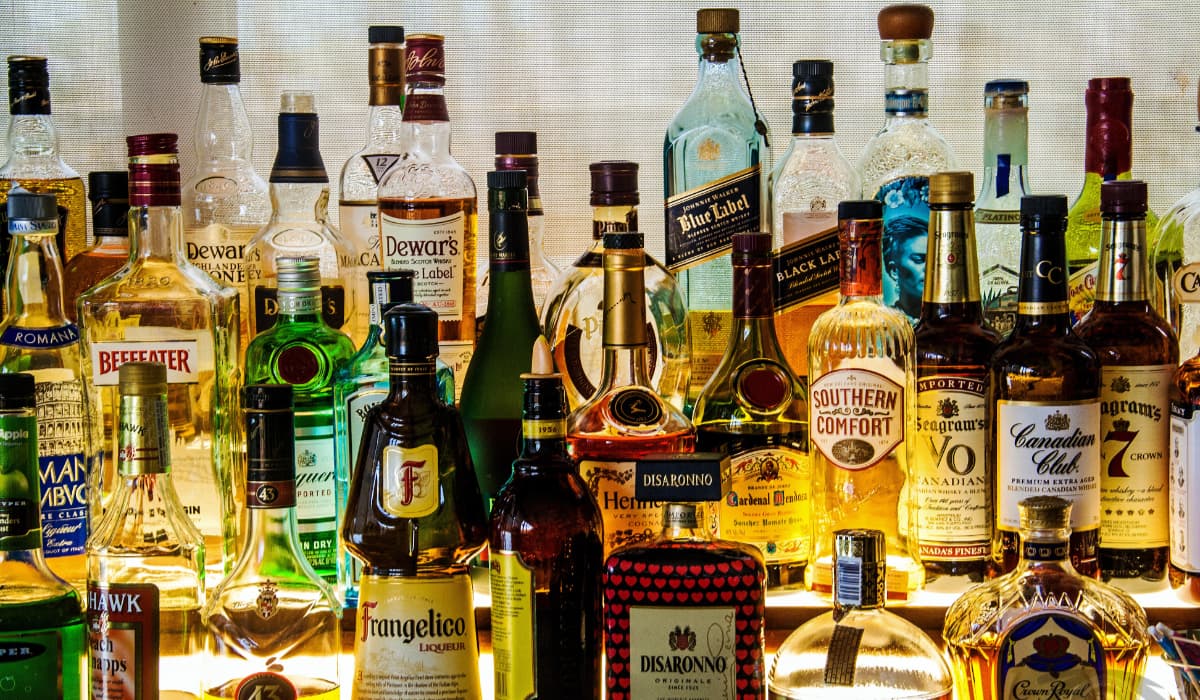


In a landmark decision poised to reshape the alcohol industry in Maharashtra, the state government has approved a sharp 50% hike in excise duty on Indian Made Foreign Liquor (IMFL), country liquor, and imported alcoholic beverages. Simultaneously, the state government has introduced a new category — Maharashtra Made Liquor (MML) — to bridge the pricing gap between country liquor and premium brands. The move is expected to generate over INR 14,000 crore in additional excise revenue annually but has triggered widespread concern among industry stakeholders and consumers alike.
The excise duty on IMFL has been raised from three times the manufacturing cost to 4.5 times, particularly targeting products with a manufacturing cost of INR 260 per bulk litre. This 50% increase marks the first revision in the state’s excise structure since 2011 and significantly affects pricing for both mass-market and premium segments.
These revisions are expected to lead to a sharp increase in retail liquor prices across Maharashtra, making it one of the most expensive states for alcohol consumption in India.
In a bid to boost local manufacturing and support the state's dormant alcohol production units, the government has introduced Maharashtra Made Liquor (MML) — a new category designed to fill the pricing void between country liquor and IMFL.

The initiative is expected to bring back to life many of the 38 currently inactive alcohol manufacturing units in the state and may generate an additional ₹3,000 crore in revenue. It is also likely to benefit local farmers by driving up demand for grain used in liquor production.
In a related move, the cabinet has also approved a policy allowing FL-2 (liquor vending) and FL-3 (on-premise consumption) license holders to operate on a lease basis. The condition includes a 15% and 10% surcharge on the annual licence fee, respectively. This change introduces more flexibility in business operations for the state’s retail liquor vendors and restaurants, particularly in urban markets.
While the government projects massive revenue gains, the industry outlook remains pessimistic. Experts argue that Maharashtra already had one of the highest tax burdens on alcoholic beverages in India — and this hike only exacerbates the issue.
Pramod Krishna, former Director General of the Confederation of Indian Alcoholic Beverage Companies, criticized the decision as being “far from ground reality.”
“Maharashtra was already the most highly taxed state in this industry. High prices often lead to smuggling from neighbouring states where taxes are lower. This decision will worsen the situation.”
There is also concern that such steep hikes may adversely affect legal alcohol sales, encourage bootlegging, and shift consumer behavior toward unregulated markets.
The Maharashtra government’s dual move to increase excise duty and create a new MML category is a bold attempt to ramp up state revenue, revive dormant local liquor manufacturing, and support agrarian interests. However, the sharp tax spike has stirred fears of reduced consumer demand, smuggling, and operational challenges for the alcohol industry.
Whether these reforms strike the right balance between public finances and economic realism remains to be seen — but one thing is certain: Maharashtra’s liquor landscape is in for a significant transformation.